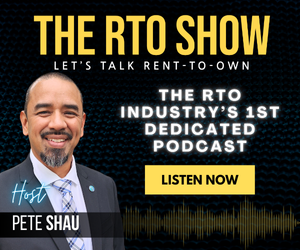It’s the most wonderful time of the year … right? Well, not for everyone. In fact, mental health can be seriously challenging for anyone during the holiday season. Healthy habits are tested, routines are upset, time and money are both stretched thin, grief intensifies as loved ones are missed, and approaching winter means shorter, darker days – which is especially difficult for people who experience seasonal affective disorder.
Add to all that an increasingly feverish workplace as the holidays approach, and you’ve got what can be a perfect wintery mix for extreme employee stress, strain, and burnout.
Fortunately, employers and managers are in a key position to be forces for positivity – and positivity = productivity – and to give their team members what they need to feel supported throughout the holidays.
Here are some tips from mental-health experts on how to help your workers handle what can be a heavy holiday season:
- Be a role model for understanding and self-care. Acknowledge this is not necessarily a joyful time for everyone, and that it’s OK to feel blue. Admit when you’re having a hard week or letting your own self-care slip; opening up to your employees makes it easier for them to do the same. This is also a prime time to have one-on-one “How are you really?” conversations with team members who might seem to be struggling.
- Offer company benefits that make a difference. Does your organization provide financial coaching, affordable therapy, stress-management courses, peer support groups, or other resources intended to help workers ease day-to-day tensions and overall weariness? If not, then consider adding some; if so, then remind employees what’s available and how to access it.
- Launch a mental-health communications campaign. Encourage healthy habits and give team members ideas for staying sane during the holiday haze. Examples might include scheduling time for exercise or mindfulness, reaching out to trusted people during periods of isolation or lonesomeness, or politely declining invites – even for work events – if they’re feeling anxious, depressed, or overwhelmed.
- Make sure your company leaders are well-equipped. Managers at all levels should be trained on how to recognize symptoms of poor mental health in their workers. Teach them how to lead with compassion and empathy, and how to spot signs of struggle – with either mental-health issues or substance-use disorders.
- Be sensitive with your workplace celebrations. Especially for people who may be in recovery, don’t center work events around cocktails. Find another experience to focus in on – like playing a game – and always offer alcohol-free “mocktails” (think of this as a diversity issue: if an employee had a food allergy, then you’d provide safe alternatives for them to eat; do the same for your workers who can’t drink).
- Promote and facilitate healthy work-life balance. Build in breaks during the workday for your team members, do what you can to enhance flexibility in their work schedules, and consider giving the gift of extra paid time off during the holiday season. Urge everyone to log off and unplug at the end of every workday – they’ll return to work more refreshed the next day, ready to engage and be more industrious.
- Wish folks a wonderful holiday, however they might celebrate. Whether they observe Christmas, Hanukkah, Kwanzaa, or a secular season, wishing workers a healthy and happy holiday is not only a kind gesture, but also a chance to demonstrate diversity and inclusion in your company.
Remember, successful organizations embody a culture of care, and if you care for people during their tough times, then they’ll do the same for your business. Here’s to a holiday full of productivity, prosperity, and happy, healthy work teams!!











